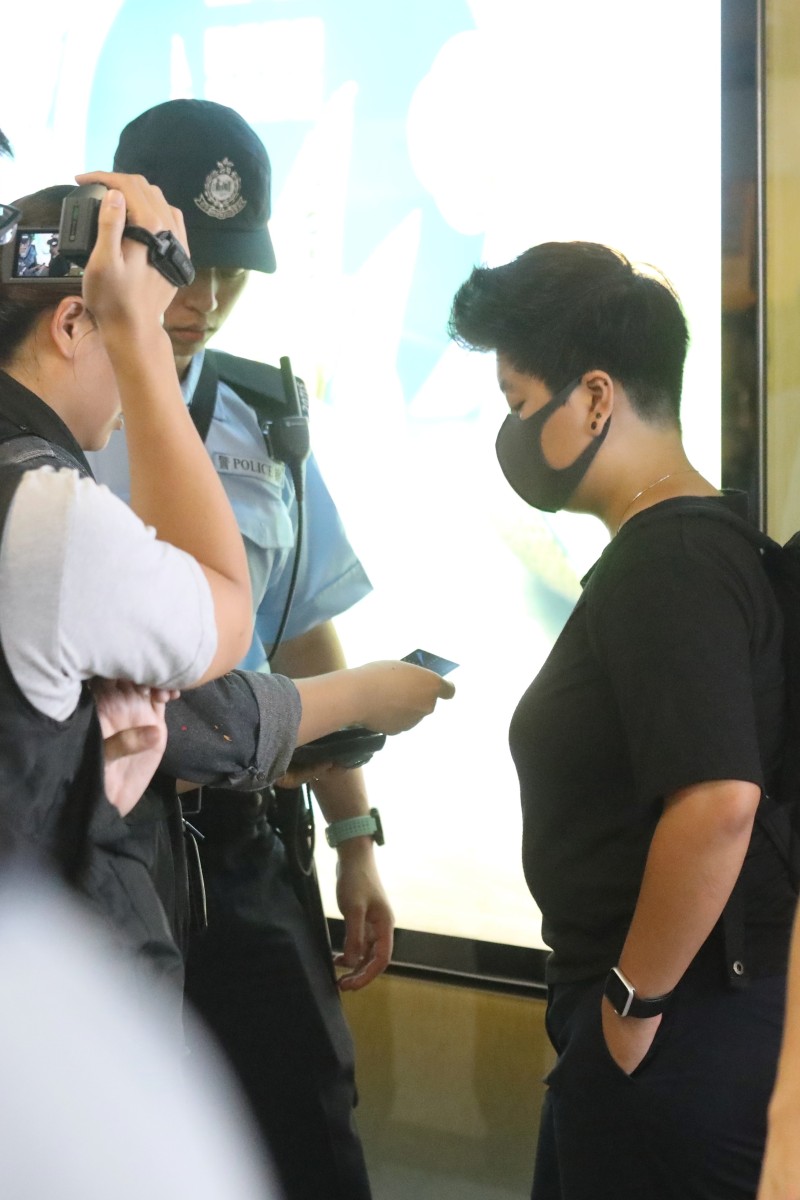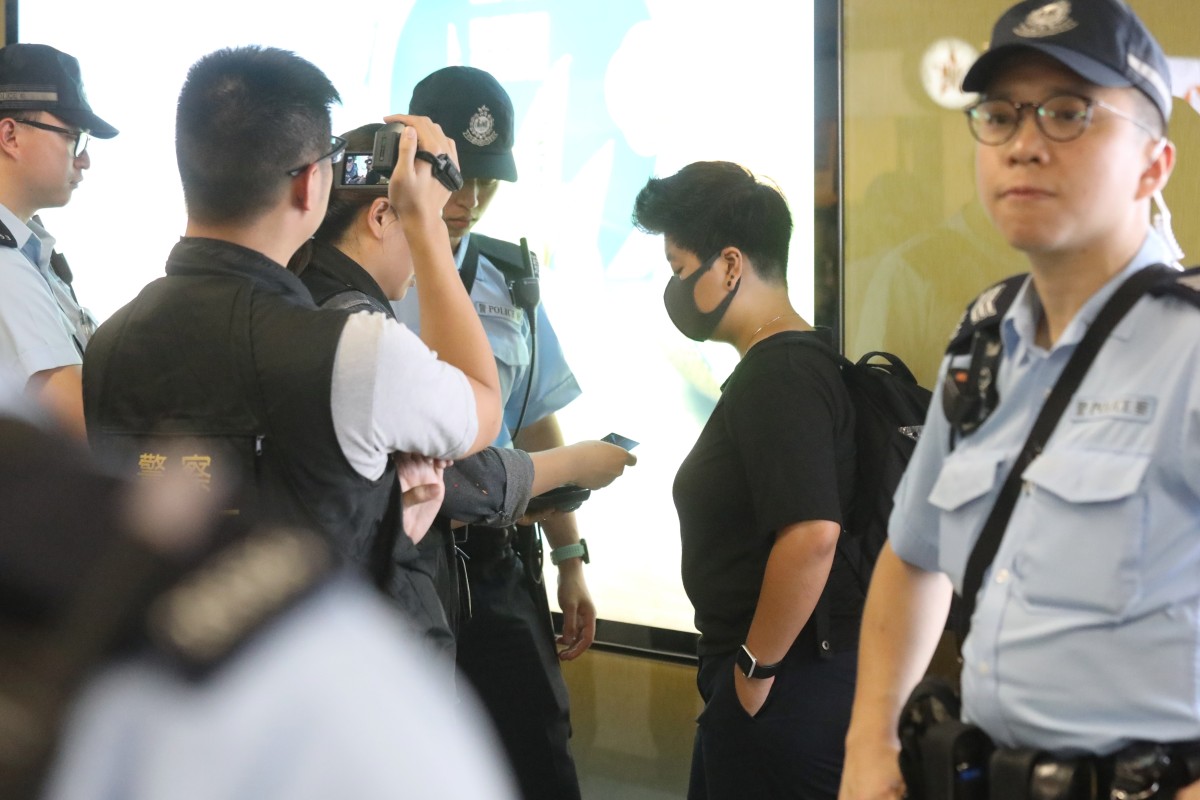
Hong Kong extradition law: What to do if you are arrested by the police
Legal advice from the Progressive Lawyers Group and Civil Human Rights Front
 Suspects under investigation have legal rights.
Suspects under investigation have legal rights. In light of recent events regarding the proposed Hong Kong extradition bill, Young Post has compiled a handy list of frequently asked questions about what to do if you are arrested or detained by the police.
This list was compiled with reference to a guide made by The Civil Human Rights Front (the organiser of the three mass anti-extradition bill protests) and the Progressive Lawyers Group.
The original documents can be found here and here.
What should you pay attention to if you are arrested?
You should ask the police to explain the reason for your arrest and what you are being charged with. You should also record the police officer’s ID number.
After the arrest, anything you say can be considered as part of your statement, even if it is not officially made at the police station or in a police car. Don’t chit-chat with the police, as it may be turned into a clue for the police investigation.
If the police say you must make a statement before meeting with a lawyer, ignore and insist on meeting with a lawyer. You should, and are entitled, to meet a legal professional for legal advice.
Under normal circumstances, you have the right to remain silent, refuse to answer questions or sign any documents. But you must provide your name, address, and HKID number to the police.
Upon your arrival at the police station, the police will take all of your belongings, and might take them where you cannot monitor them. Think about the potential consequences and decide whether you should carry sensitive objects and information with you.
If the police demand that you turn on your phone, reject it by saying “There are instructions from a lawyer inside”. If they want to confiscate your phone and use it as court evidence, they must disassemble it in front of you, record the number of each item, and put them into a sealed evidence bag. You will need to make a backup of the item numbers and provide your signature after the bag is sealed.
What are the procedures involved in a detention or bail?
After the arrest, the police must go through a series of procedures. The police will read the crimes you have been charged and hand you a copy of the written statement of the crime.
You should be given a notification of detention (as stated in Security Bureau's Rules And Directions For The Questioning Of Suspects And The Taking Of Statements) to understand your rights during the detention period.
If you do not need the company of a legal professional, you can answer all the police’s questions with “I have nothing to say.” You will be asked to sign the written statement taken by the police, and receive a copy of the statement.
The police could also take pictures of you and your fingerprint, conduct a custody search and temporarily seize your belongings.
Without sound reasons, the police should not be allowed to conduct a strip search.
If you are injured by a police officer, let your lawyer know, and request a medical examination, and record any information about the officer.
The police will file a lawsuit against the arrested person within 48 hours. If this happens to you, and you’re detained in a police station, the police must take you to court in the next court trial period.
If the police do not have the court's permission within 48 hours, they must release you.
The police can allow the arrested person to be bailed out.
Once you’ve been bailed out, you are free to leave the police station. The police will later inform you of the date for the trial or bail renewal.
If you are illegally arrested or imprisoned by the police, your family can apply to the High Court for a "Writ of habeas corpus" through a lawyer. The order is a decree by the court to call the police detainee to appear in court to hear the reasons for detention. If the police have sufficient legal grounds, the court may allow the police to continue detaining you; Otherwise, you can be released immediately.
The police or the court will not allow the suspect to be released on bail only under certain circumstances, such as when:
- Former records of the defendant suggest signs that he/she might abscond
- The case is serious, and the suspect is highly likely to be jailed
- The suspect may harass, harm any witnesses, or destroy evidence(s)
- The suspect may commit other crimes or commit the same crime again
Where can you find legal assistance?
If you are arrested because of actions during the protest, you can send a message via SMS, Whatsapp, or Telegram to local support hotlines, such as the legal support hotlines provided by Civil Rights Observer (9463-2945) and Civil Human Rights Front (6549-9452).
In the message, you should state 1) your name, 2) age, 3) gender, 4) contact number, 5) ID card number, and 6) the police station you’re located at.
You should also be aware that every detained person, or person under police investigation, has the right to get the list of lawyers issued by the Law Society of Hong Kong from the police.
